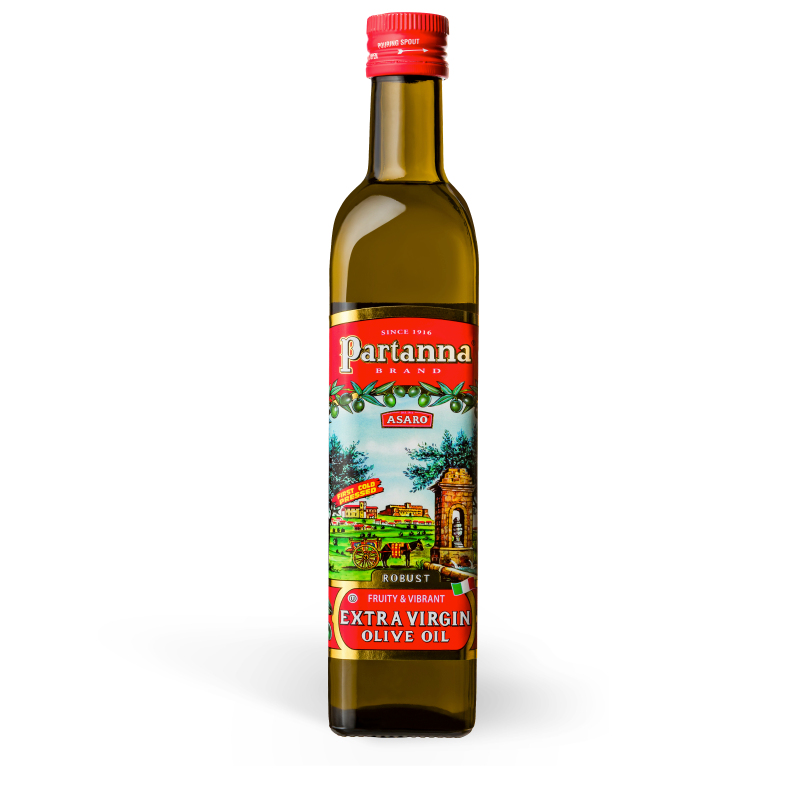Extra Virgin Olive Oil Benefits: How It Supports Healthy Cholesterol Levels
Extra Virgin Olive Oil Benefits: How It Supports Healthy Cholesterol Levels
Blog Article
Exploring the Various Sorts Of Olive Oil and Their Uses, Consisting Of Additional Virgin Olive Oil
The exploration of olive oil includes a diverse range of kinds, each offering distinctive tastes and culinary applications. Bonus virgin olive oil, renowned for its remarkable quality and health benefits, serves as a staple in many cooking areas, yet it is just one aspect of this complex ingredient.
What Is Olive Oil?
Acquired from the fruit of the olive tree, olive oil is a staple in Mediterranean food and a vital active ingredient in numerous cooking applications. This flexible oil is produced by pushing entire olives, resulting in a fluid that varies in fragrance, taste, and color relying on the sort of olives utilized, the region of growing, and the removal procedure. Olive oil is mostly made up of monounsaturated fats, especially oleic acid, which is understood for its possible health benefits, consisting of anti-inflammatory properties and cardio support.
Along with its cooking uses, olive oil has a lengthy history of application in standard medicine and skincare, owing to its abundant antioxidant material (extra virgin olive oil benefits). The oil is usually used in dressings, marinades, and for cooking approaches such as sautéing and roasting. Its unique flavor account can enhance the preference of different recipes, making it a necessary component for both home cooks and specialist chefs
Furthermore, olive oil is commemorated for its duty in the Mediterranean diet, which is connected with many health advantages. As awareness of these benefits grows, olive oil proceeds to gain appeal worldwide as a fundamental component of a healthy and balanced lifestyle.
Kinds of Olive Oil
Recognizing the numerous sorts of olive oil is necessary for both cooking fanatics and health-conscious consumers. Olive oil is categorized largely based on its extraction method and high quality, which substantially influences its taste, wellness, and scent benefits.

Light olive oil, despite its name, refers to a lighter taste and not reduced calories. It is optimal for those seeking a more refined preference in dressings and marinades. Additionally, there are flavorful olive oils instilled with natural herbs, seasonings, or citrus, which can boost dishes without the need for additional spices.
Each kind of olive oil serves specific culinary purposes, and understanding these distinctions permits consumers to make informed choices that align with their cooking designs and health objectives.
Additional Virgin Olive Oil
Bonus virgin olive oil (EVOO) is extensively pertained to as the highest top quality olive oil readily available, renowned for its abundant flavor and numerous health benefits. To be identified as additional virgin, the oil must be produced from fresh olives utilizing mechanical procedures, without using solvents or too much heat. This careful approach maintains the oil's natural flavors, antioxidants, and healthy fats, resulting in an item with a low acidity degree of less than 0.8%.
EVOO is abundant in monounsaturated fats, specifically oleic acid, which is connected to reduced inflammation and boosted heart wellness. It also consists of polyphenols, effective antioxidants that may supply protective impacts versus chronic illness. The taste account of EVOO can differ significantly relying on the olive variety and area of production, ranging from grassy and fruity to robust and sharp.

Culinary Uses of Olive Oil

In food preparation, olive oil can be used for sautéing, roasting, and cooking, offering a healthier option to butter or various other fats. Its high smoke factor makes it suitable for different cooking methods, while its antioxidants add to a heart-healthy diet. Sprinkling olive oil over ended up dishes, such as pasta, fish, or barbequed vegetables, can elevate tastes and include a touch of style.
In addition, olive oil plays a significant duty in cooking, where it can change typical fats in dishes for bread and breads, giving dampness and a subtle preference. It also acts as a base for instilled oils, look at this site permitting chefs to explore tastes such as garlic, natural herbs, or chili, further broadening its culinary capacity. Overall, olive oil's versatility makes it essential in both home and expert kitchen areas.
Deciding On Quality Olive Oil
When choosing high quality olive oil, it's important to consider numerous essential elements that affect the product's fragrance, taste, and health benefits. Opt for extra virgin olive oil (EVOO), which is acquired from the very first chilly pushing of olives and contains the greatest levels of antioxidants and valuable substances. Search for oils that are licensed by acknowledged companies, as this often makes sure adherence to rigid top quality criteria.
The product packaging likewise plays a significant role in protecting the oil's stability. Pick oils saved in dark go to this website glass containers or tins to safeguard versus light deterioration. Pay focus to the harvest day; fresher oils supply superior flavor and dietary worth, so choose items that are within 18 months of their harvest.
Be aware of the preference; an excellent top quality olive oil ought to have an equilibrium of fruity, bitter, and peppery notes, indicating its splendor and intricacy. By examining these variables, you can guarantee you are selecting the finest olive oil for your culinary demands.
Conclusion
In recap, the expedition of numerous kinds of olive oil discloses distinct qualities and applications, with extra virgin olive oil standing for the pinnacle of quality due to its reduced level of acidity and high antioxidant content. Its flexibility in culinary uses boosts flavors in dressings, marinates, and sprinkles. Recognizing the various selections of olive oil enables for educated options in food preparation techniques, advertising much healthier methods while improving the general gastronomic experience. Quality option stays vital for optimal advantages.
Obtained from the fruit of the olive tree, olive oil is a staple in Mediterranean food and an essential ingredient in numerous cooking applications.The most typical types of olive oil consist of fine-tuned olive oil, pure olive oil, look here and light olive oil.Bonus virgin olive oil (EVOO) is extensively related to as the highest top quality olive oil offered, well known for its rich taste and various health advantages. Choose for added virgin olive oil (EVOO), which is derived from the first cold pushing of olives and contains the highest levels of anti-oxidants and advantageous compounds.In summary, the exploration of various kinds of olive oil exposes unique qualities and applications, with extra virgin olive oil standing for the peak of quality due to its reduced level of acidity and high antioxidant web content.
Report this page